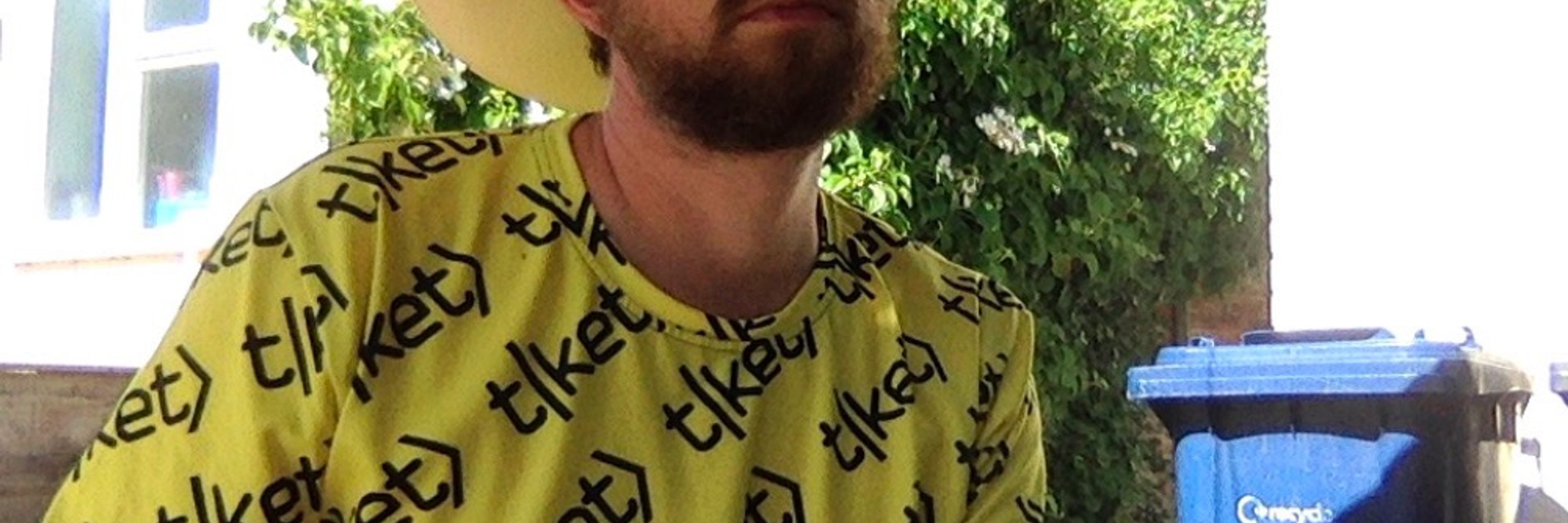Ross Duncan
@rossquantum.bsky.social
630 followers
370 following
190 posts
Quantum computing lifer. ZX-calculus co-inventor. Quantum compiler compiler and quantum programmer programmer. String diagrammer. Category theoriser.
Head of Quantum Software @ Quantinuum
(I cannot read DMs on Bluesky)
Posts
Media
Videos
Starter Packs
Reposted by Ross Duncan
Reposted by Ross Duncan
Reposted by Ross Duncan
Reposted by Ross Duncan
Reposted by Ross Duncan









